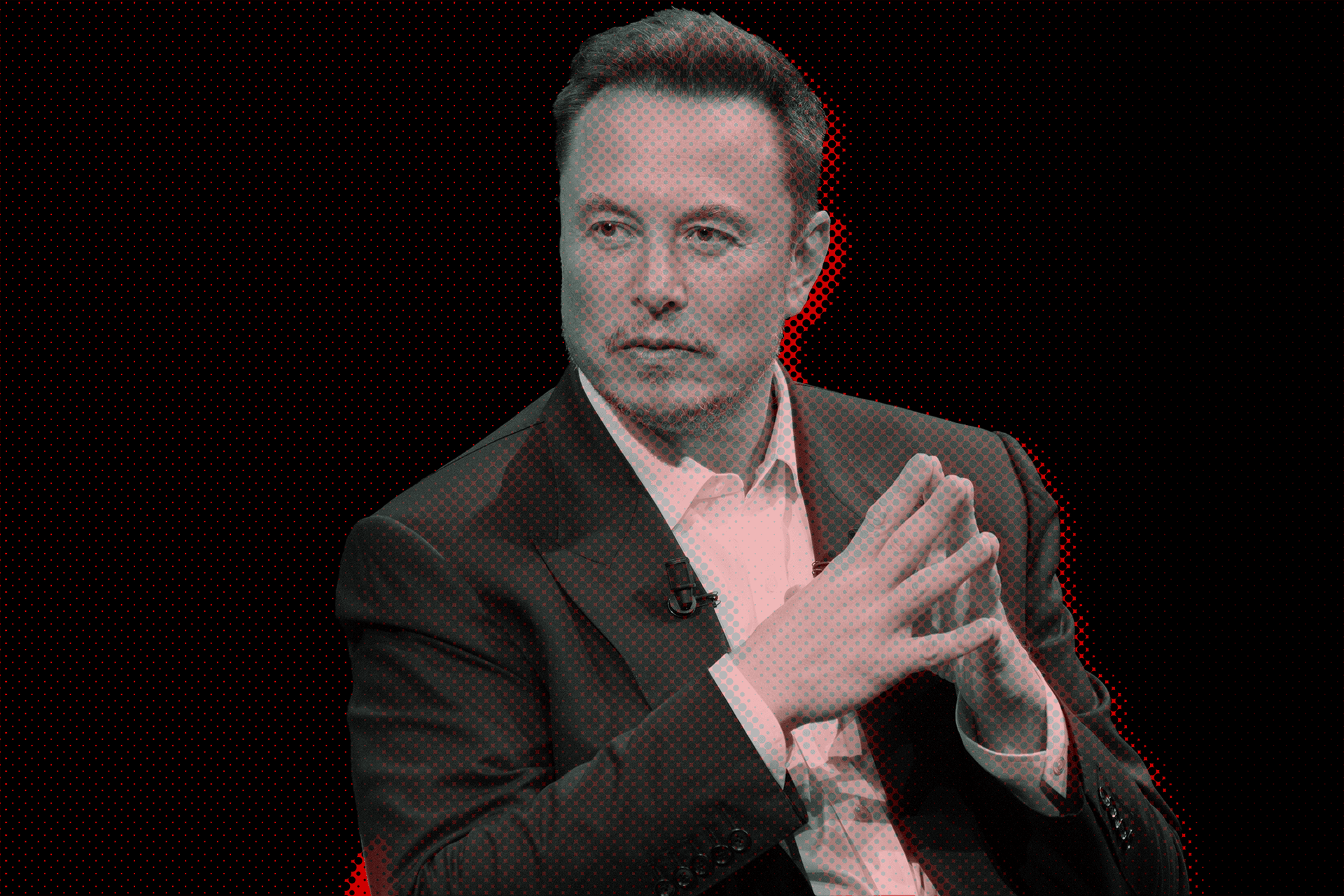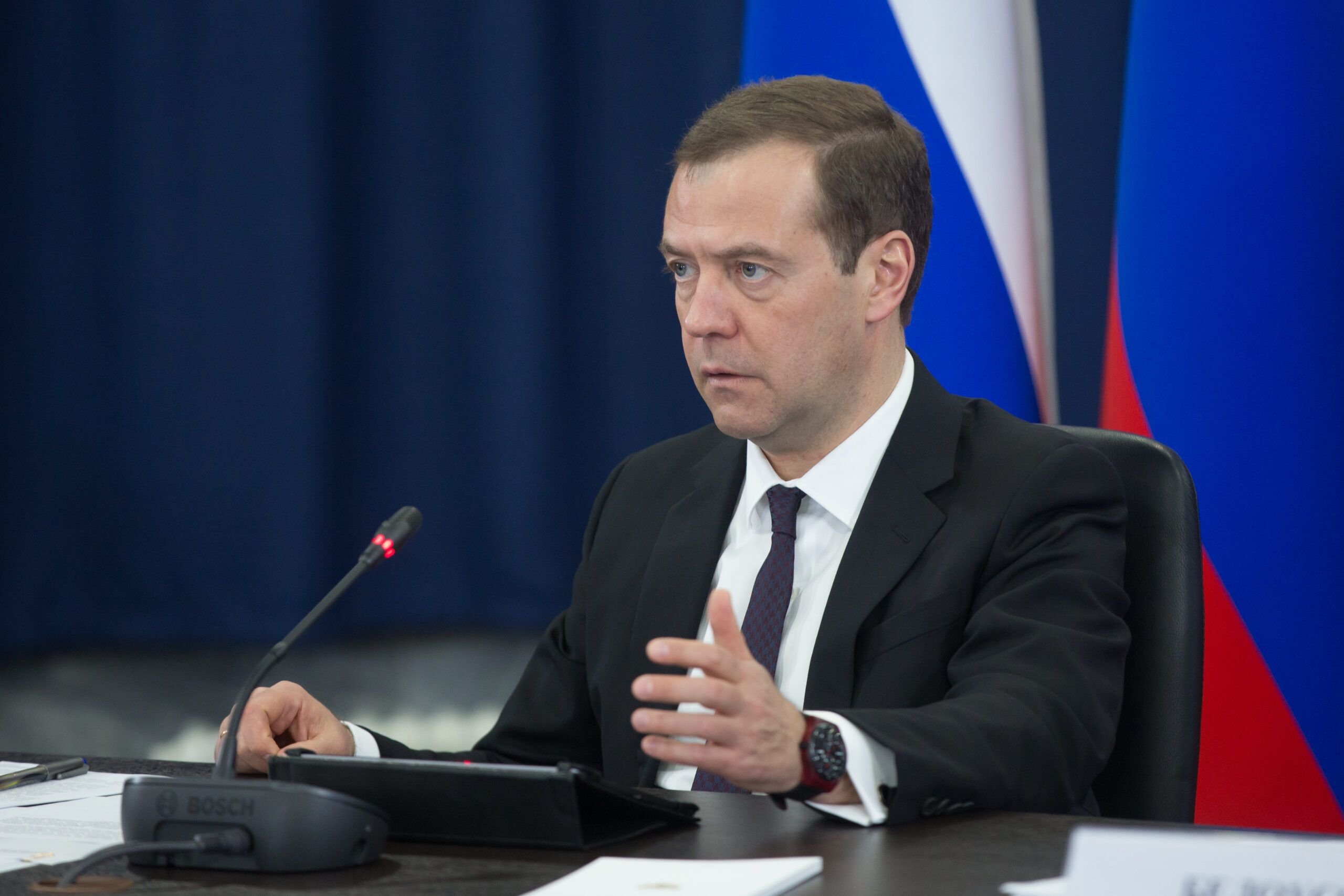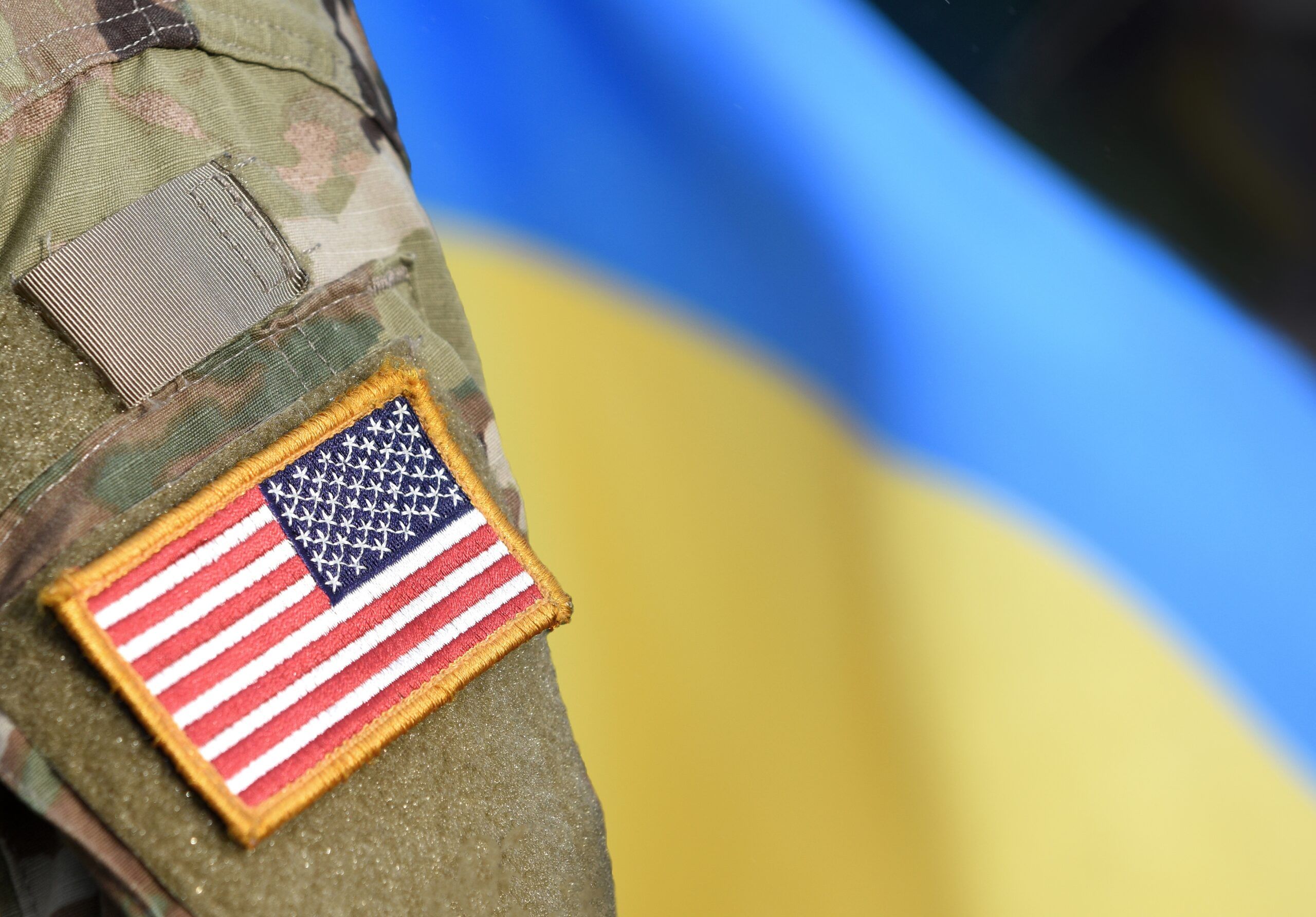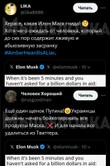The War of Memes – Elon Musk’s Role in the Russian Propaganda Controversy on Social Media

Billionaire Elon Musk is becoming a prominent figure associated with Russian propaganda on his own social media.
In June 2023, Twitter user Pekka Kallioniemi (@P_Kallioniemi) posted a thread discussing Elon Musk’s influence as the owner of X, formerly known as Twitter. The author raised concerns about Musk’s ability to shape the platform’s content promotion through his likes and comments, suggesting that this has enabled the spread of conspiracy theories and pro-Russian propaganda due to Musk’s new uncensored policy. The thread also touched on allegations that Musk intentionally removed Twitter’s mechanisms to combat disinformation and complied with requests from the governments of India and Turkey to restrict content.
While the thread had been active since June, it gained significant attention in early October when users noticed their likes disappearing from the post.
The situation escalated on October 1 when Musk posted a meme mocking the Ukrainian president, sparking mixed reactions from users and disapproval from Ukrainian government representatives.
It appears that the tweet has since been deleted from the Ukrainian Parliament’s Twitter account.
Telegram Channel “Мышеловка [Mouse Trap]” posted a compilation of Ukrainian and Russian reactions to the meme. Pro-Ukrainian users expressed strong disapproval of Musk’s post, ranging from personal criticism to calls for boycotting Musk’s products and quitting Twitter.
Tweets text on the picture: “Elon Musk is an a**hole! Although what do you expect from a man who still maintains a lying and abusive a**hole”, “Another of Putin’s puppies! Ukrainians should start boycotting all Musk products. And delete themselves from Twitter for starters”.
Amidst this discussion, Russian sociologist Alexander Dugin, often referred to as Putin’s ideologist, posted a note on his Telegram channel.
Translation: “Elon Musk’s escapades on Twitter, which now belongs to X (as a portal for Polish anti-globalists and Eurasianists) and is owned by Musk himself, are also a symptom. In the X network, my account, which was previously destroyed by the liberal-Nazi unipolar leadership discarded by Elon Musk, has been unblocked. Without globalist censorship, the former Twitter was accused of being a “mouthpiece for Russian propaganda and disinformation.” Freedom of speech in any form today is considered “Russian propaganda.” The madness of the agonizing globalist elite, desperately and fiercely trying to save their crumbling hegemony at any cost, is becoming increasingly evident even in the West. Perhaps this American administration will go down in history as the last attempt to preserve a unipolar world.”
The symptoms, Dugin is talking about, are the symptoms of the rise of multipolarism, and the decline of unipolarism, with the United States as the center of the latter.
The post then turned to an article on Dugin’s website on multipolarism, the cover of which depicts Elon Musk.
In this article he is highlighting that the X unblocked his account, which was destroyed by a “unipolar liberal-Nazi leadership”. And this leadership was collapsed by Elon Musk taking over the Twitter.
He then stated that free speech is considered “Russian propaganda and disinformation”.
In the article, Dugin also paid attention to the recent case of Canada and India, stating that the latter starting to demonstrate more sovereignty. He also points to the African countries, the BRICS countries and the Arab countries that are shaping the new mosaic of the world.
Dugin ends his article by saying that perhaps there is a certain decision-making center inside Russia, which prevents the ideology of multipolarism and the conduct of SWO. He calls for finding it and destroying it to make it possible for Russia to win the war.
In the wider context of Russian reactions, pro-government journalist Abbas Juma shared Musk’s memes, describing them as the decade’s key topics. In the comments, users noted that through his activities Max “opens” the eyes of his compatriots and thus helps Russia. The commenters also noticed that Ukrainians rushed to insult Musk, which seemed incongruous with the support of Starlink, a Musk initiative, received in Ukraine.
Meanwhile, Musk has once again made headlines in the Russian press. Among the stories promoted by the Russian media are Musk’s calls for the US to refuse aid to Ukraine, then that he stood up for Russia after allegations of propaganda, and (one of the most common Russian rhetoric) that Musk reacted to the size of the US national debt with an “exclamation point”. One of the pro-Russian media outlet even posted an article with a title “Ukrainians wished Elon Musk dead over Zelensky meme“.
In summary, Elon Musk’s presence, both on his social network and in the wider international information landscape, exerts a considerable influence on the global agenda. The absence of censorship allows state and non-state actors to elevate their information and propaganda efforts, with the support of the network’s founder, emphasizing his commitment to the freedom of speech.
Elon Musk’s ownership of X and his actions within the platform have enabled the dissemination of Russian propaganda and conspiracy theories. Concerns about censorship mechanisms and compliance with foreign government requests underscore the need for a comprehensive assessment of Musk’s role in shaping the information landscape. His ability to influence content promotion algorithms raises questions about the integrity of information dissemination on X.
More from the author











